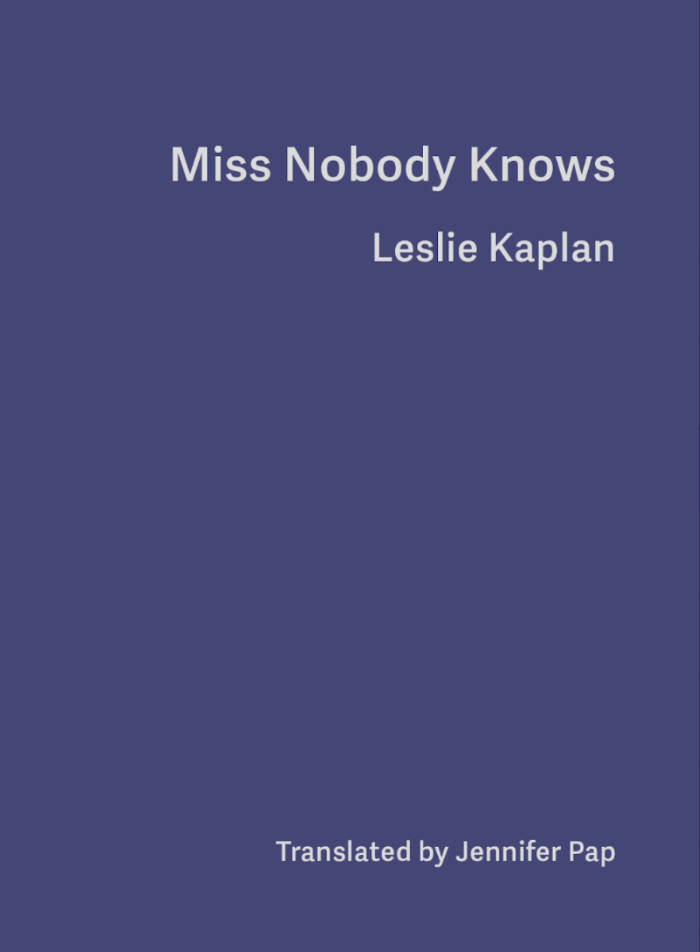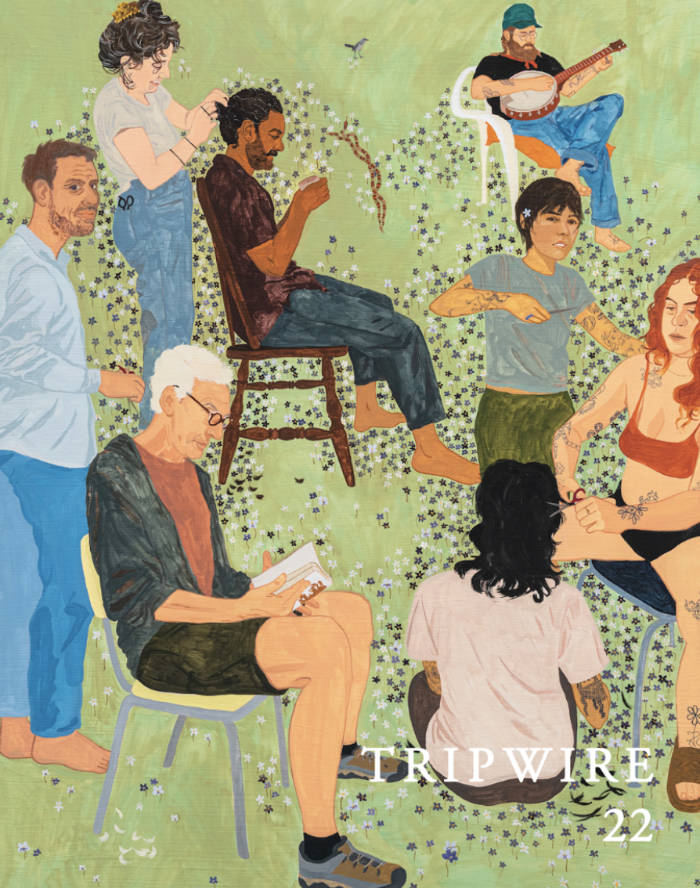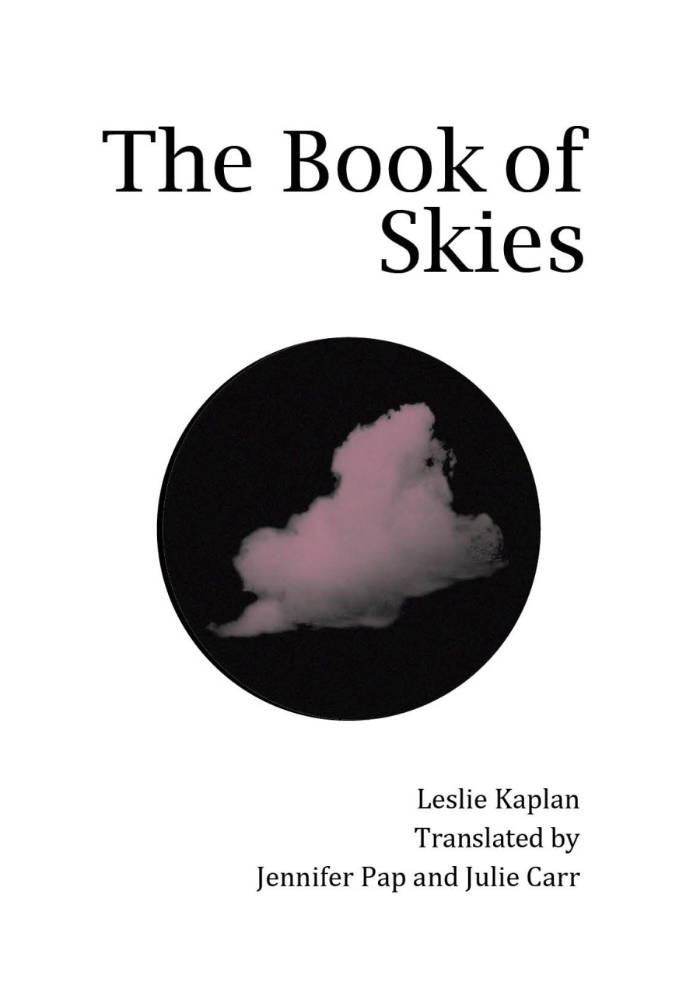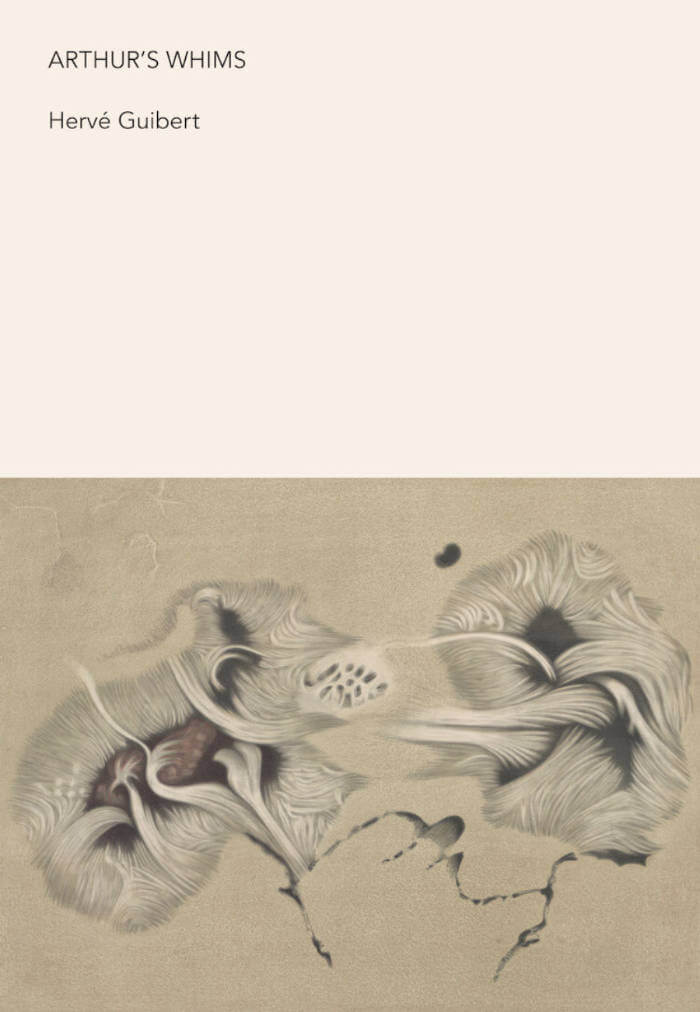
Miss Nobody Knows
The first English translation of Leslie Kaplan's crystalline novella Miss Nobody Knows, about the lived aftermath of May '68: its hopes and failures and how they continue to resonate today.
“Ostensibly about the May '68 strike and a man who cannot deal with its aftermath, but really a love story to these moments when suddenly the utopian comes into view and no longer feels impossible. It’s a book to read right now so as to remember that there have been moments when people come together in the name of possibility, rather than in rage.” —Juliana Spahr
“Thank you for sending Leslie Kaplan's book, so strong and graceful, so… so… so… as if the novel were suspended between the animal and the human.” —Jean-Luc Godard, letter to Paul Otchakovsky-Laurens
“One thought he understood it all, the other wanted to see it all. Through two opposing characters, Leslie Kaplan brings to life something of May '68 … This novel breaks an opening out of the infinitely mad universe that was captured by Leslie Kaplan's first book, Excess-The Factory.” —Claire Devarrieux, Libération







